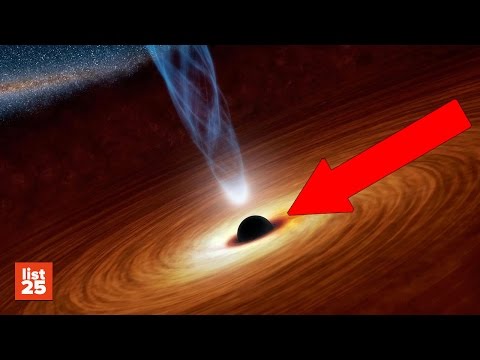The Science Behind Black Holes: What We Know and What We Don’t
Black holes have long been a source of fascination and mystery for scientists and the general public alike. These mysterious cosmic entities, with their immense gravitational pull that not even light can escape, have captured the imagination of people for centuries. But what exactly are black holes, and what do we know about them?
At its most basic level, a black hole is a region of space where the gravitational pull is so strong that nothing, not even light, can escape. This phenomenon occurs when a massive star collapses in on itself, creating a singularity at its center. This singularity is surrounded by an event horizon, a point of no return beyond which nothing can escape the black hole’s gravitational pull.
One of the most well-known features of black holes is their ability to distort space and time. This effect, known as gravitational time dilation, means that time near a black hole passes more slowly than it does in the rest of the universe. This has been confirmed by observations of stars orbiting black holes, which appear to move more slowly than they should based on the laws of physics.
Another fascinating aspect of black holes is their potential to warp and bend light. This phenomenon, known as gravitational lensing, occurs when light from a distant object is bent and distorted by the intense gravitational pull of a black hole. This effect has been observed by astronomers, who have used it to study distant galaxies and other celestial objects.
Despite our growing understanding of black holes, there is still much that we don’t know about these enigmatic entities. One of the biggest mysteries surrounding black holes is what happens beyond the event horizon. The laws of physics as we know them break down at the singularity, making it impossible to predict what might happen in the heart of a black hole.
Another question that remains unanswered is whether black holes can ever truly evaporate. According to Stephen Hawking’s theory of Hawking radiation, black holes should slowly lose mass and energy over time, eventually evaporating completely. However, this process is so slow that no black hole has ever been observed to evaporate in practice.
Despite these unanswered questions, scientists continue to study black holes in the hopes of unlocking their secrets. Recent advancements in technology, such as the Event Horizon Telescope, have allowed astronomers to observe black holes in more detail than ever before. These observations have provided valuable insights into the behavior of black holes and have sparked new avenues of research.
In the end, black holes remain one of the most fascinating and mysterious phenomena in the universe. While we have made great strides in understanding these cosmic entities, there is still much that we have yet to learn. As technology continues to advance and our knowledge of the universe expands, we can only hope that we will one day unlock the secrets of black holes and gain a deeper understanding of the nature of the cosmos.













